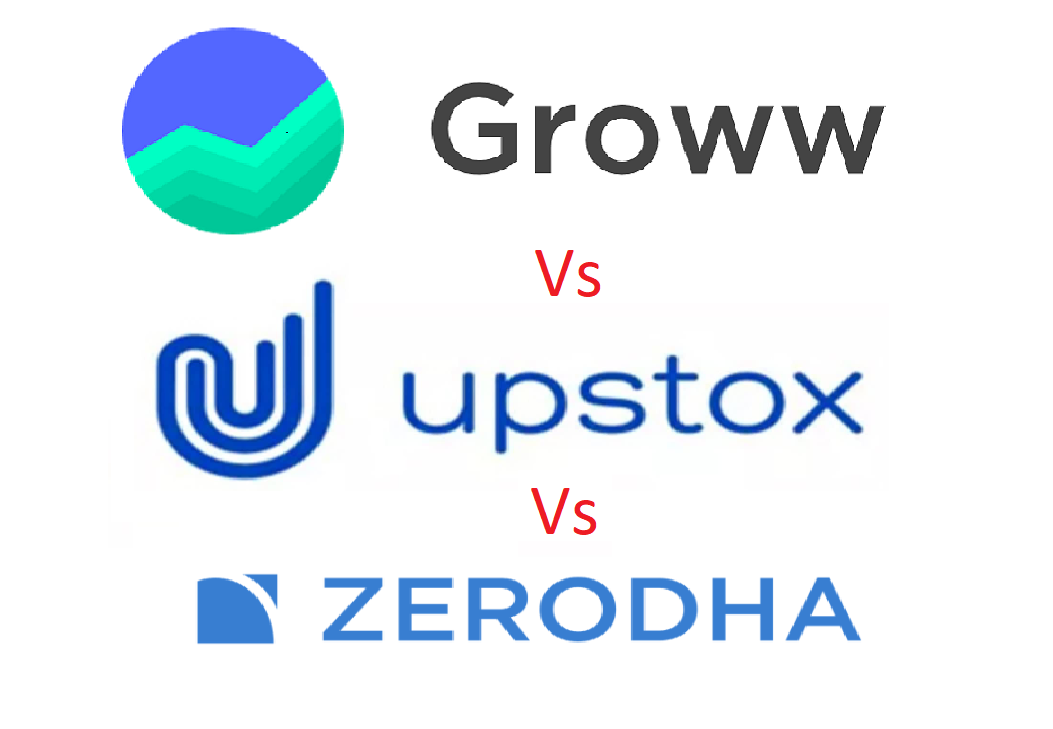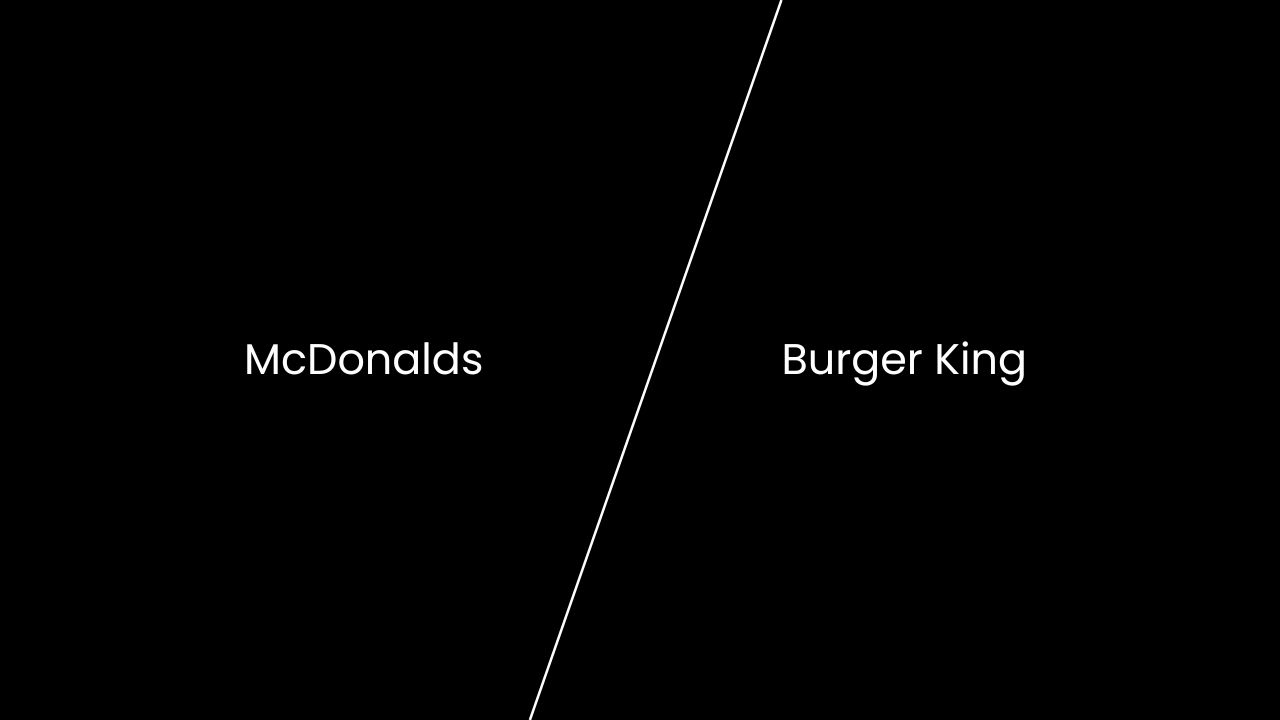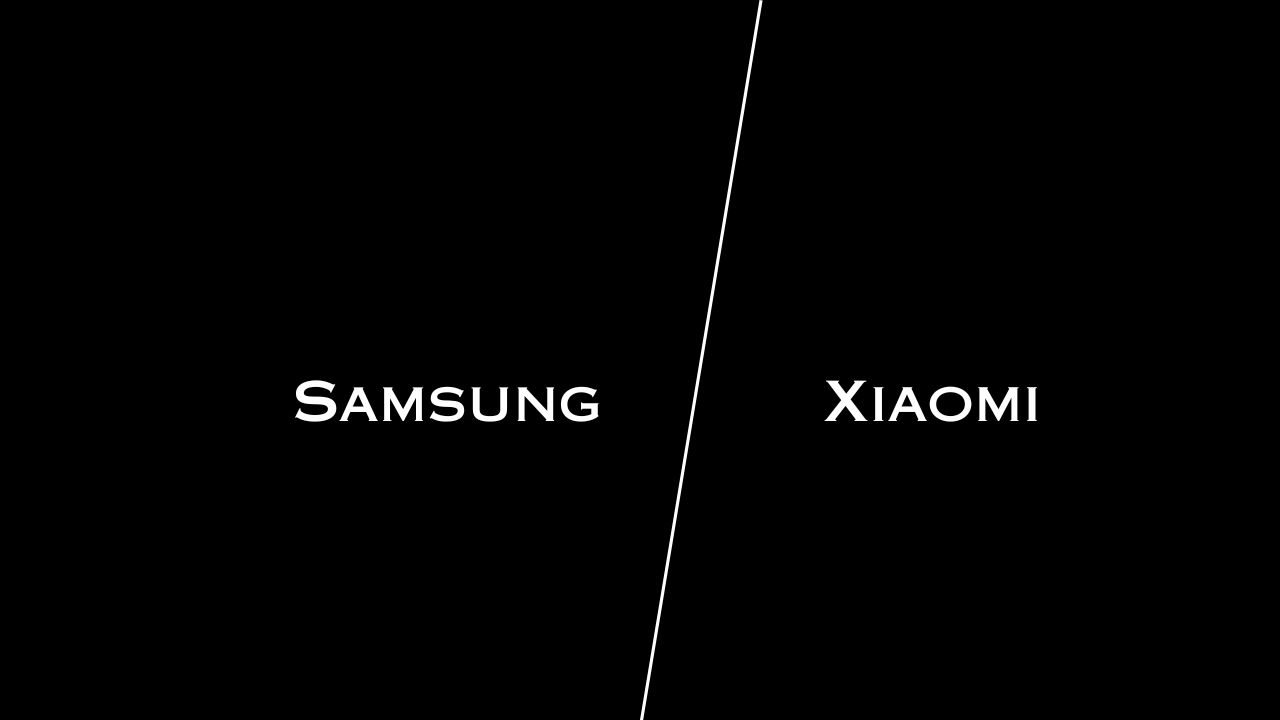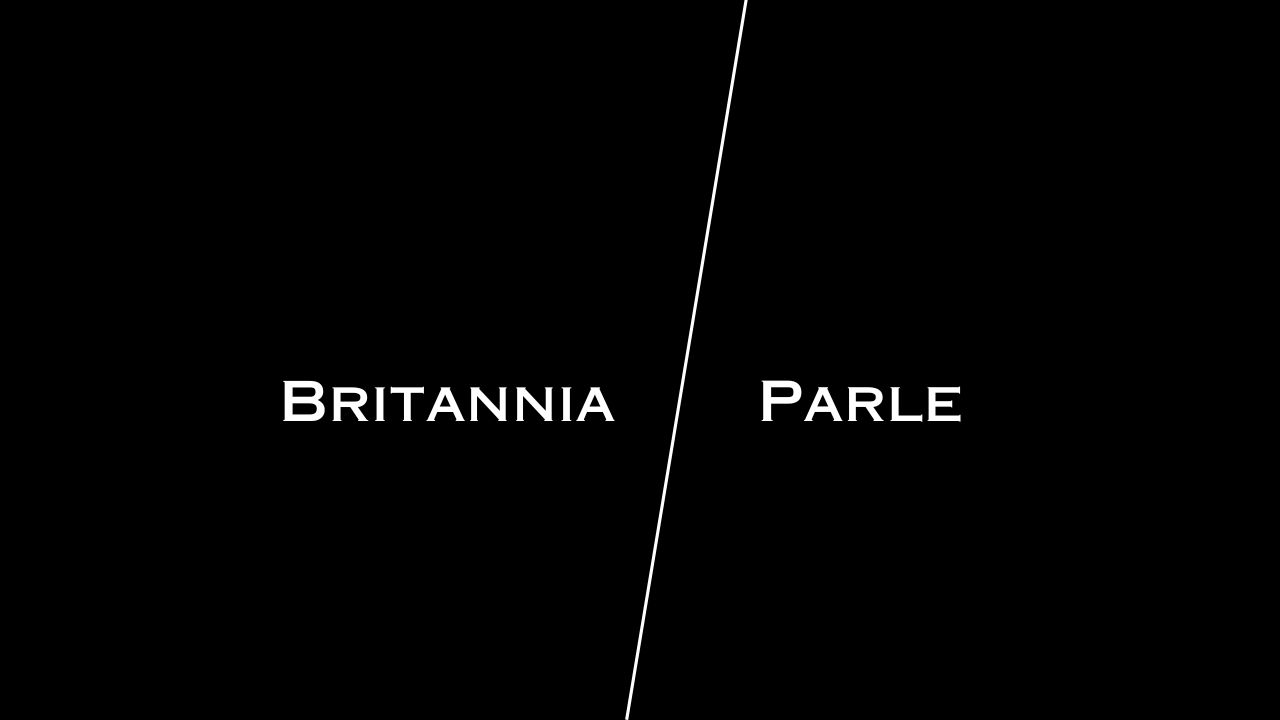Investors must exercise extreme caution when choosing a brokerage platform in the dynamic world of Internet trading. As new firms enter the Indian brokerage scene, Zerodha, Upstox, and Groww stand out for their distinctive sets of products and services. This article will thoroughly compare these three platforms, Zerodha, Upstox, and Groww, across critical characteristics so you can make an educated selection that fits your individual trading needs.
Brokerage Charges: A Closer Examination
Commissions paid to brokers are a significant factor for investors since they affect every transaction’s bottom line. For stock intraday, F&O, commodity, and currency trading on NSE, BSE, and MCX, Zerodha, the forerunner of the flat brokerage model, provides a revolutionary charge of Rs. 20 per order or 0.03% of the deal value, whichever is lesser. This strategy benefits high-frequency traders since it drastically reduces their transaction costs. To further improve its value offering, Zerodha also offers a one-of-a-kind ‘Zerodha Coin’ platform for commission-free direct mutual fund investments.
Upstox, well-known for its low-cost brokerage approach, sets a cap of Rs. 20 per order, regardless of the market. Traders who want precise and predictable fees may appreciate this brevity. Upstox’s ‘Refer & Earn’ programme provides consumers with an extra way to save money by rewarding them for bringing in new clients.
Groww allows free delivery trading even though it institutes a flat fee structure of Rs. 20 per transaction for intraday trading. This makes it a good choice for first-time investors and those looking to put their money to work over the long haul. Groww’s mutual fund investment platform is an excellent example of the company’s dedication to making investing as easy as possible.
Account Opening Charges and Annual Maintenance
The costs and procedures for creating an account with a broker vary widely. For either Rs. 200 (equity + currency) or Rs. 300 (equity + currency + commodity), you may start an online trading account with Zerodha. There is a Rs. 300 AMC for the Demat account each year. Because of the straightforward nature of the fees, a broad variety of investors may take advantage of them.
Upstox’s current campaign allows for free account opening; however, the annual maintenance fee (AMC) for the associated Demat account is Rs. 150 (plus GST). The goal of this low-priced policy is to bring in fresh capital.
Groww stands apart from the crowd by not charging any Demat AMC fee or other fee associated with creating an account. Those just starting in the financial world will find this an enticing offer since it reduces out-of-pocket expenses.
Account Features: Discerning the Differences
Your trading experience might vary greatly depending on the services offered by your broker. Zerodha and Upstox provide a “3-in-1 account” that combines a bank account, a depository account, and a trading account into a single place for easy access and management of your financial holdings. For a complete trading experience, they also provide charting help, algorithmic trading, and online portfolio management apps.
Groww prioritises ease of use by specialising in direct mutual fund trading and investment via a mobile app. Although it lacks more sophisticated capabilities like margin financing and NRI trading, it is an excellent choice for traders who want an easy-to-navigate interface.
Trading Platforms: Instruments of the Trade
For investors, the trading platform is the entry point into the global financial system. Zerodha provides an online and mobile-friendly kite-trading platform. It’s great for speed and functionality, but you can’t trade from your desktop computer. Kite provides users of all expertise levels with powerful charting tools and technical indicators.
The Upstox Pro trading platform is available on desktop and mobile devices. It provides a stress-free trading experience thanks to its user-friendly design and cutting-edge charting capabilities. The platform’s accessibility means traders of varying experience levels may use it successfully.
Groww presents a novel approach by providing a convenient app-based platform for direct mutual fund investment and equity/derivatives trading. For this reason, it is an excellent option for new traders and those who want to remain in the market for the long haul.
User Ratings: Community Feedback
Learning from users’ perspectives helps reveal various platforms’ benefits and limitations. One hundred fifty-nine customers have rated Zerodha 3.9 or higher out of 5. After that, Upstox comes in at a respectable 3.7 out of 5 stars from 12 users. Our analysis of six user reviews shows that Groww has earned a remarkable 4.5/5. The high scores reflect the overwhelmingly good response of all three platforms among their user bases.
Investment Offerings: Beyond Equities
For a diversified portfolio, investors need more options than simply equities. All three brokers are good choices for trading stocks and options on the National Stock Exchange (NSE) and the Bombay Stock Exchange (BSE). However, Zerodha and Upstox also allow for commodity trading, giving investors more options. This new choice may appeal to investors who want to spread their money across various asset classes.
Additional Features and Services
To provide its traders with the necessary skills, Zerodha delivers several instructional tools, including webinars, blogs, and tutorials. Long-term investors will be especially interested in the Coin platform because of its commission-free direct mutual fund investing.
Upstox stands out because of its ‘Refer & Earn’ programme, which gives its users financial incentives for bringing in new business. This function promotes a community-based approach to the platform while simultaneously offering cash incentives.
Groww’s mutual fund investing platform is straightforward, making it a good option for people whose primary financial concentration is on mutual funds. The platform’s fundamental idea is to broaden people’s access to investment, and this simplified method is consistent with that goal.
Conclusion
In the cutthroat world of online brokerage, whether you opt for Zerodha, Upstox, or Groww comes down to personal taste and trading goals. High-frequency traders may save money using Zerodha’s innovative flat brokerage approach. Traders who value efficiency will appreciate Upstox’s straightforward pricing. Groww’s focus on ease of use and low maintenance makes it ideal for inexperienced investors and those with an eye towards the long haul.
Demo accounts allow you to test out trading platforms without risking real money. You’ll have a much easier time achieving your investing goals and navigating the complexity of the financial markets if you use the correct platform, whether it’s Zerodha, Upstox, or Groww. Have a successful exchange!




